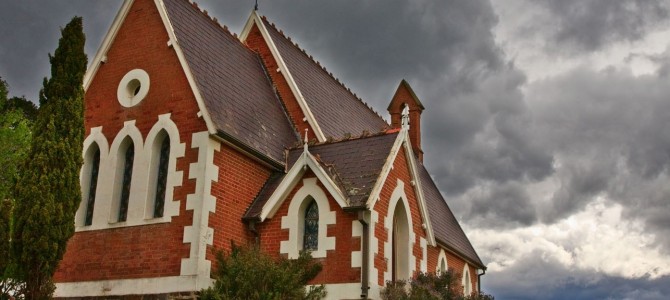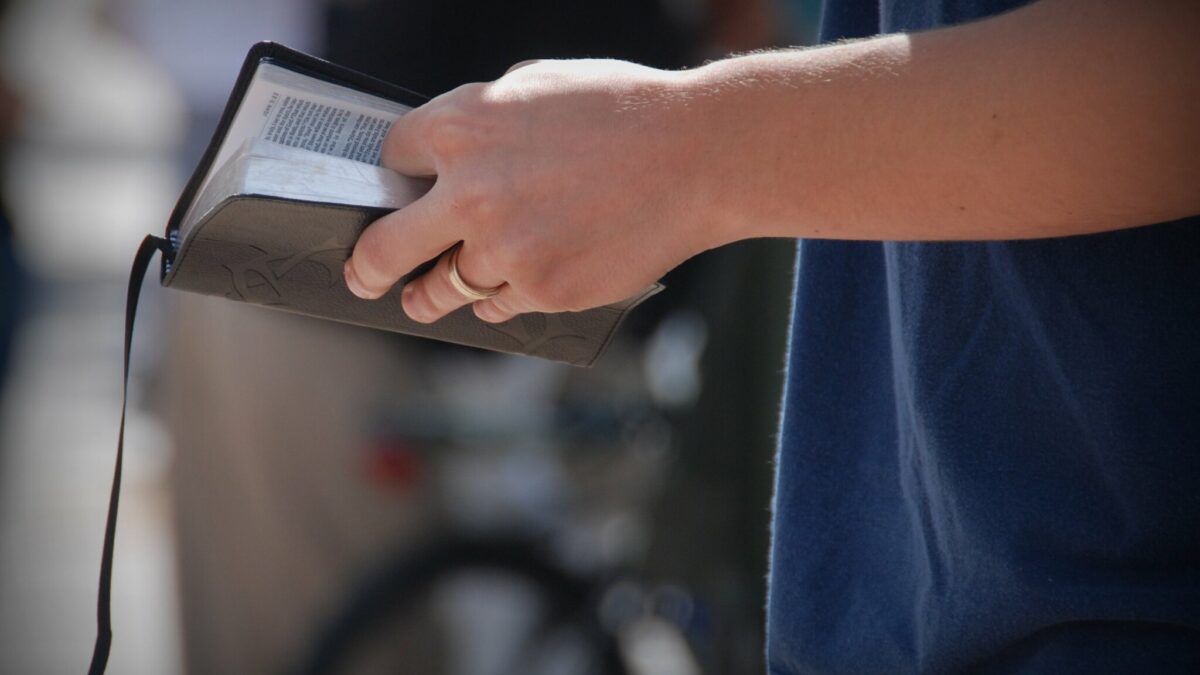
“Have you been following this ‘Equality Act?'” a Catholic priest I know asked me as I passed on the icy sidewalk early Sunday afternoon.
“A bit,” I answered. “You can be sure anything that comes out of D.C. does the opposite of its name.”
“Check it out today,” he replied. “It could pass as early as this week, and it’s very, very troubling.”
The two of us went our ways, carefully navigating the icy bricks back to the safety of our homes. The monsignor was right, of course: If the Equality Act passes, he won’t be safe in his home much longer, nor will women be safe in their sports, their restrooms and locker rooms, the nail salons they work in, nor even shelters from homelessness and abuse.
The act, which the House is expected to pass for the second time in nine months on Thursday before sending it to a now-Democratic Senate, opens up swinging on Christian (as well as most religions’) concepts of morality in marriage, sex, and identity. It would strike biological sex from the 1964 Civil Rights Act, replacing it with “sexual orientation and gender identity.” Belief in traditional marriage, the act would legislate, is a specific example of illegal discrimination.
If the bill passes the Senate, our church parishes will become soft targets. While weak-kneed men like David French confidently celebrated the migration of drag queens from rowdy, seedy city bars to children’s library story hours as “blessings of liberty,” it will be curious to see what he thinks when parish halls are subjected to those same blessings.
It’s all made possible by massively expanding the government’s definition of bigotry, as well as the definition of public gathering places to include any place that “provides exhibition, entertainment, recreation, exercise, amusement, public gathering or public display.” When you add the above to “any establishment that provides a good, service, or program,” you’ve put nearly the entirety of American civic life under the thumb of radical activists.
And they’re not remotely done. Unhappy with the restrictions on eligibility that Catholic and other religious adoption agencies put on families looking to take children into their homes, the act seeks to nationalize Massachusetts, New York, and California’s outright bans on religious adoption agencies’ right to operate according to conscience. Never mind that there are any number of secular adoption agencies with no traditional marriage guidelines; shutting down the organizations that invented adoption, the bill states, will “increase the number of homes available to foster children.”
Meanwhile, Catholic school and other forms of religious education, rare alternatives to increasingly failing and liberal public education, will be compelled by the act to teach a concept of marriage antithetical to their faith, as well as the popular but absurd claim that boys can be girls and girls can be boys. Religious education alternatives are already suffering under government COVID rules, with many that serve poor, inner-city children hardest hit, but vulnerability is a one-way street for the bill’s sponsors, who also target shelters and homes for homeless and battered women, demanding they admit men who say they’re ladies.
The same rules will apply to women’s sports, as well as their bathrooms and locker rooms, effectively nationalizing coastal states’ dangerous experiments on women (including children) trying to compete athletically with fairness, use the restroom, or simply shower in privacy.
Salons, too, will not be able to “discriminate” based on biology, opening the door in the United States for the Canadian nightmare where Jessica Yaniv — a man who identifies as a woman while still being attracted to women — sued to force female nail salon employees to wax his privates. You don’t have to be a woman to understand the level of sexual assault implicit in an adult man demanding a woman handle his privates for money or risk the force of law.
Remember Masterpiece Cakeshop’s Jack Phillips? In 2017, after five years of fighting the Colorado baker won a Supreme Court battle establishing his right to abstain from services he opposed on religious grounds. Four years later, however, he is still embroiled in an unending stream of lawsuits and complaints brought by radical gay and transgender activists (and even a Satanist). The Equality Act would take the treatment Phillips has received over his views on marriage and gender, and nationalize it. Virtually no businessman would be exempt.
Nor will the Little Sisters of the Poor’s hard-fought-if-fleeting legal victories be safe. According to the Equality Act, religious nurses, doctors, and hospitals unwilling to kill an unborn child or perform a potentially mentally destabilizing, deeply invasive, medically unsound sex-change surgery could be legally discriminating.
While the Little Sisters were able to beat back their antagonists — who were led by President Joe Biden’s nominee to head the Department of Health and Human Services, Xavier Becerra — using 1993’s Religious Freedom Restoration Act, this last line of defense would be useless against the Equality Act.
“The Religious Freedom Restoration Act of 1993,” the act reads, “shall not provide a claim concerning, or a defense to a claim under, a covered title, or provide a basis for challenging the application or enforcement of a covered title.”
Under the Equality Act, after all, American law is a tool to attack our rights of conscience, our religious freedom, our businesses, our schools, our families, our neighbors, our priests, and our churches. How dare anyone expect to use the law to defend against it?
While the act is nearly certain to pass the Democratic House of Representatives, its fate in the Senate is less assured. Americans must pay close attention. Our society depends on it.









